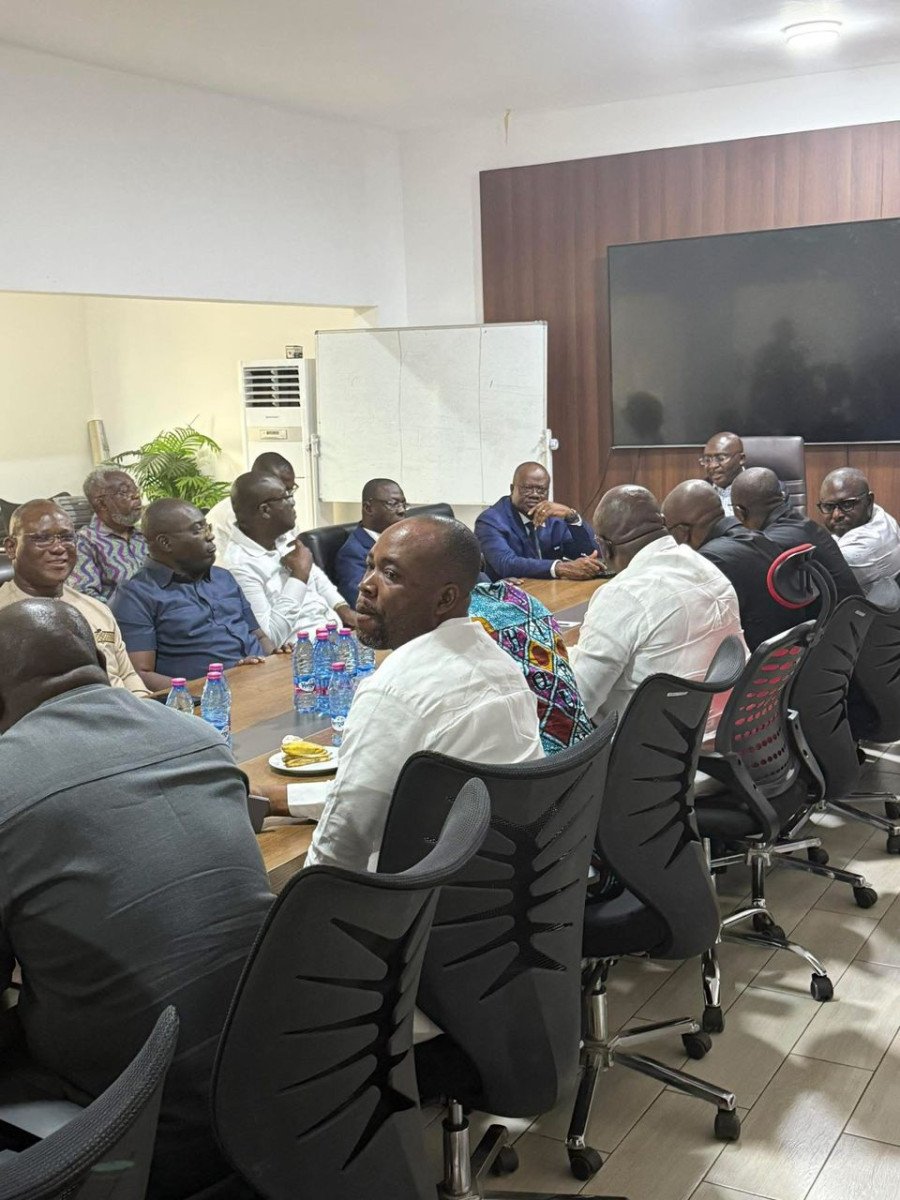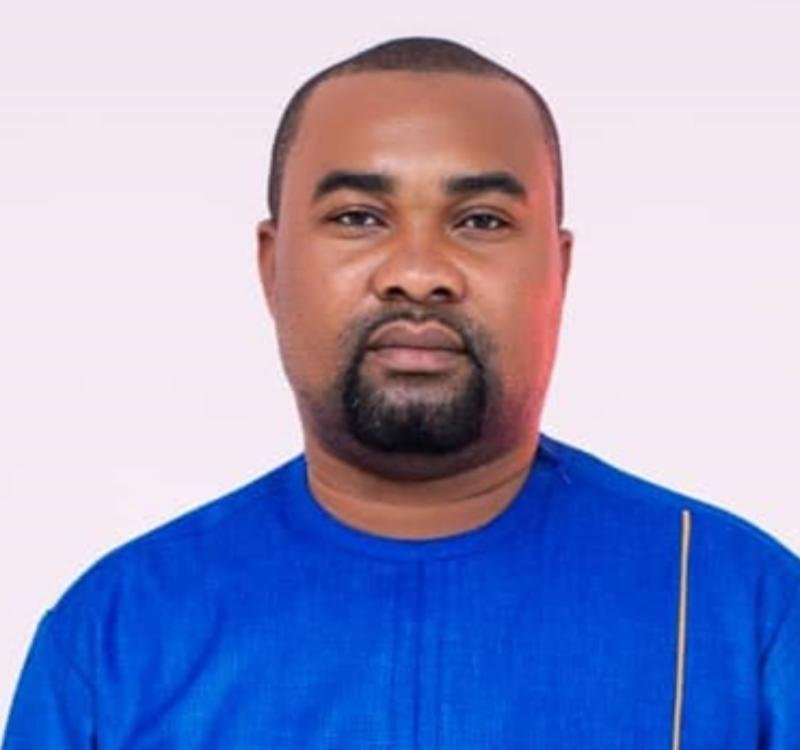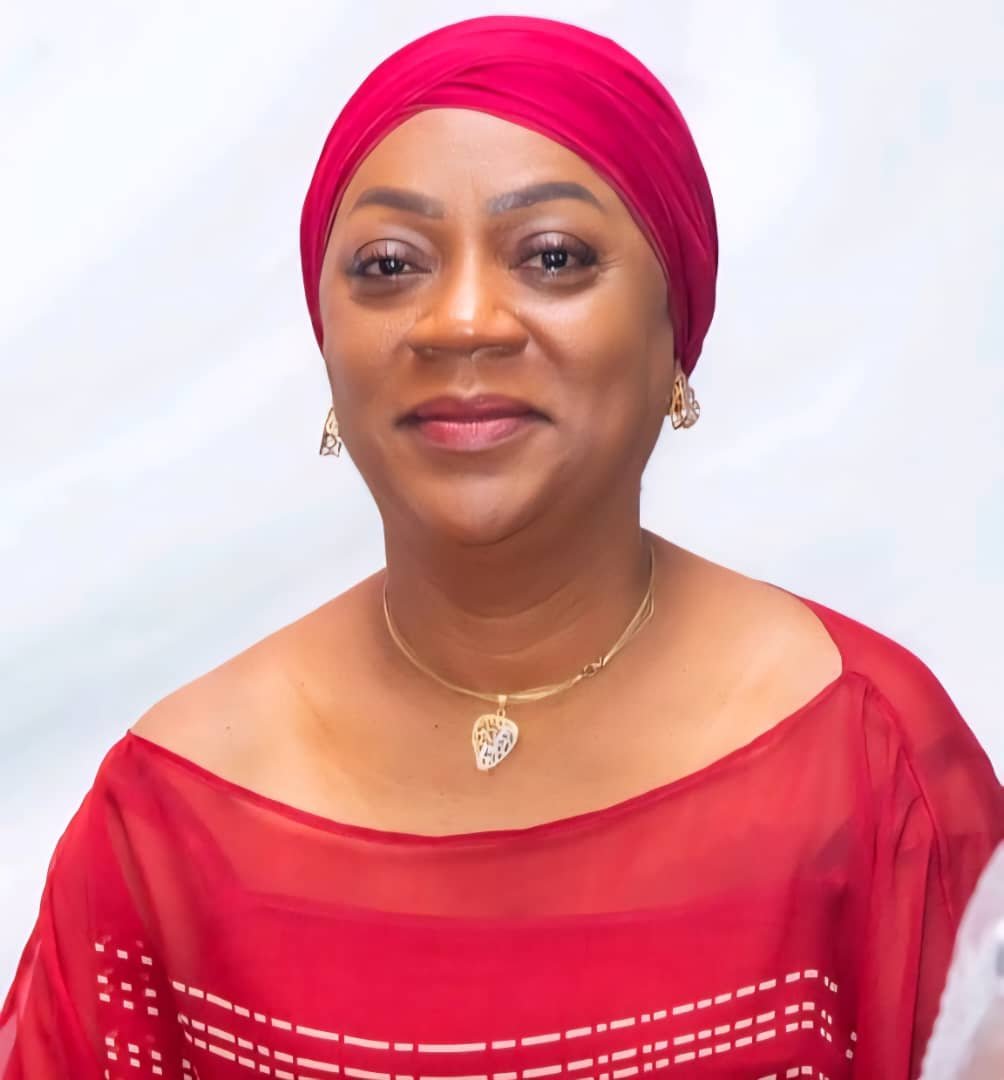1. Categorically, a country's power measures proportionally with its economic resilience. Firepowers and military powers are just the peripherals of the economic behemoths. And so the attainment of economic independence has always defined the world's superpowers. This is the threshold that low-middle-income countries and low-income developing countries strive to achieve with varying possibilities that are premised on various factors.
2. Having attained a middle-income status, Ghana was on the path of accelerated economic advancement until the outbreak of the COVID-19 pandemic. This global canker permeated economies the world over, rocking the giant ones and leaving the vulnerable in complete despair, with the subsequential worsening of the situation by the Russia-Ukraine war. Today, the world speaks of an unprecedented economic downturn.
3. The impact of the global economic crisis has gravitated Ghana from a fast-growing middle-income economy to a low-middle-income country. And this must teach us a lesson of "economic consolidation". We must tread the path of the world's high-income countries. They endeavour to maintain their economic thresholds through robust institutions that incessantly advance the capabilities of their human resources, ensure improved and standardised healthcare, enhance technological growth and skills, and create more jobs to boost per capita income through industrialisation, etc.
4. We must regrout our economic fissures to be able to hold domestic and external shocks, and swiftly recover from inevitable economic crisis. This will ensure sustainable economic growth.
5. In the aftermath of the economic recession, Ghana certainly needs pragmatic and great transformational plan. The myriad of resources nature has endowed us with, qualify Ghana to rub shoulders with some global economic giants with strategic planning and governance. This, the New Patriotic Party (NPP) in the past, and at present has amply demonstrated.
6. There is, therefore, every justification for why the majority of the Ghanaian populace believe in the New Patriotic Party's competence to improve their lots than any other political party in the country in this 4th Republic.
7. Even in the face of unparalleled economic turmoil in recent global history, the New Patriotic Party's governance of Ghana has been remarkable. In order to merit the continuous support and forbearance of Ghanaians, the party must elect a successor who is not just rooted in the tradition of the party. What is more important is the immeasurable experiences of the new leader, both in politics and in private life, and his unquestionable know-how to expeditiously conclude our economic recovery process, and propel the country on the path of sustainable growth and development. This is where John Alan Kwadwo Kyerematen comes into the picture.
8. The synopses of his Great Transformational Plan ( GTP) put Ghanaians in the picture about a prosperous Ghana in the foreseeable future future. Alan Kyerematen is set to:
i. Build a Strong Micro Economic Environment.
ii. Lead a New Agricultural Revolution
Industrial Transformation.
iii. Speed up our Industrial Transformation
iv. Ensure Accelerated Infrastructure Development.
v. Finalise a Digital Mainstreaming.
vi. Ensure Energy Security and Diversification
vii. Prioritise Decarbonization and Climate Resilience
viii. Guarantee National Security and Defense Optimization
ix. Consider Downsizing Government.
x. Lead a Strategic Engagement With the International Community.
9. Ghana has the potential and will shine in all of Africa under the leadership of John Alan Kwadwo Kyerematen.








